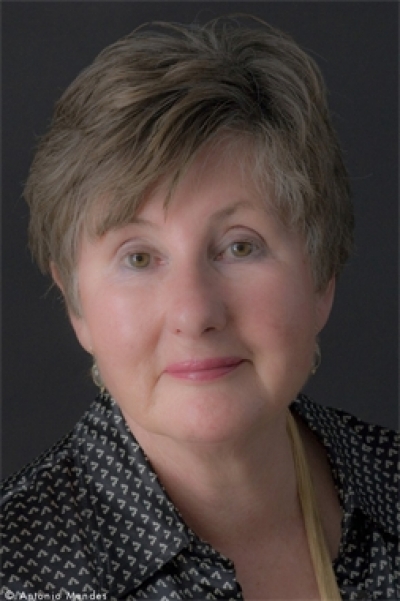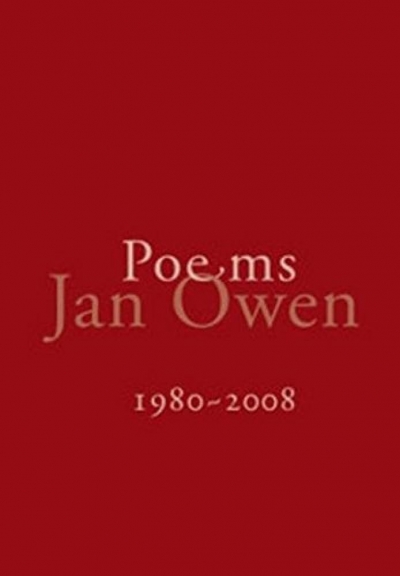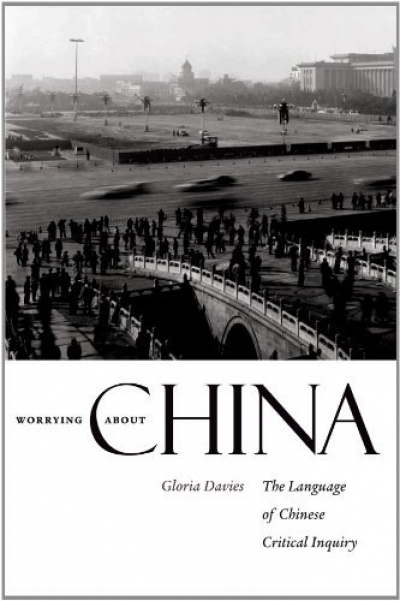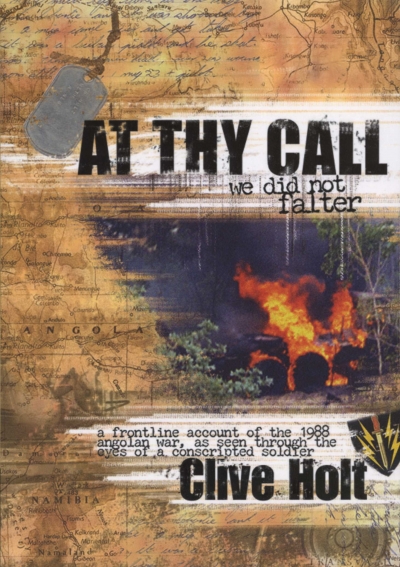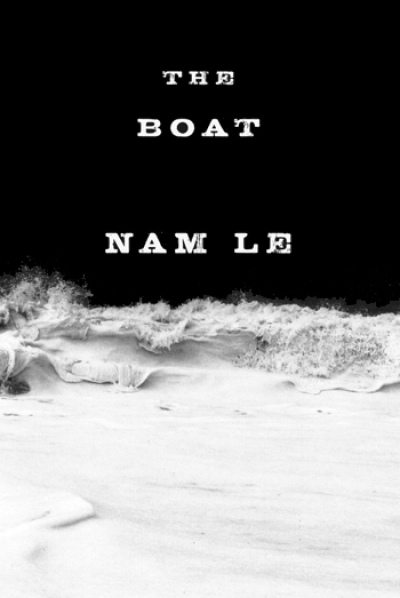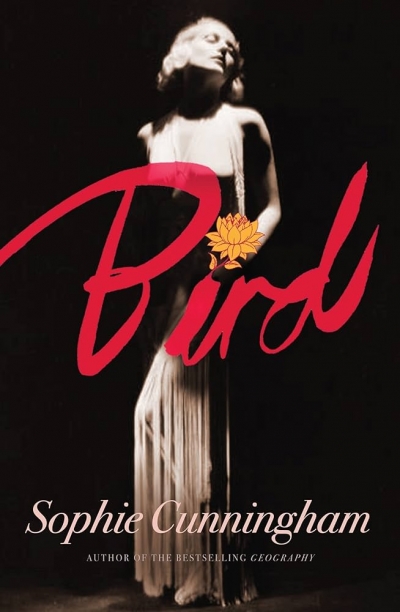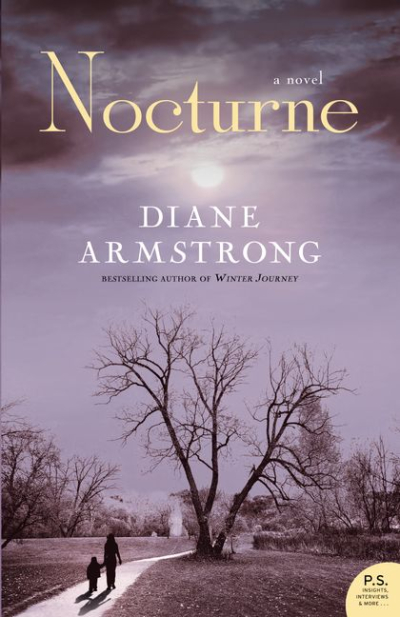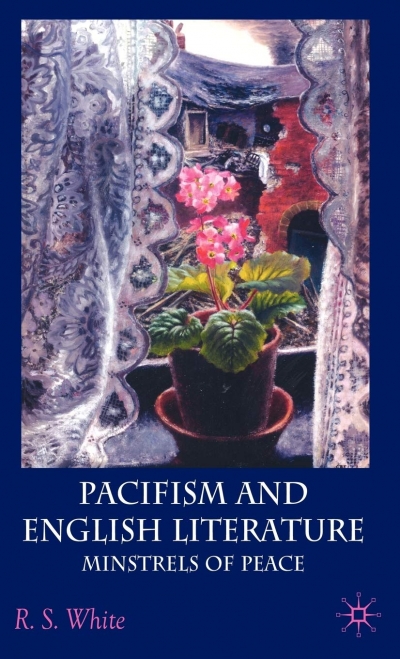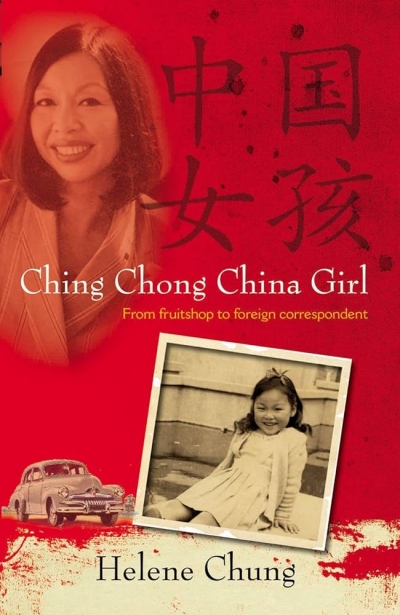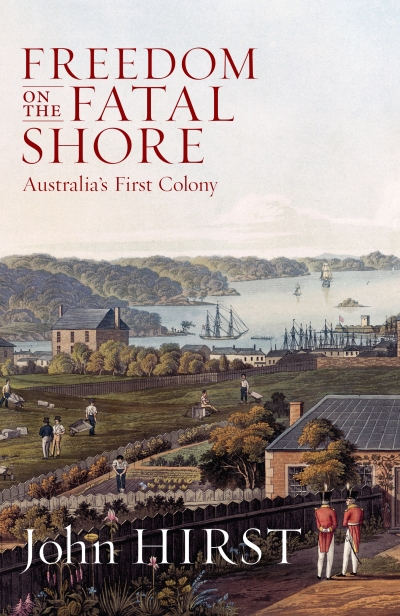Archive
When did you start reading ABR?
Several lifetimes ago. In the government offices where I worked, ABR lay around with the New Yorker and the London Review of Books. I assumed, because ABR offered a similar quality of reading experience, that the magazine enjoyed the same level of financial resources!
... (read more)Worrying About China: The language of Chinese critical inquiry by Gloria Davies
by Francesca Beddie •
Pacifism and English Literature: Minstrels of peace by R.S. White
by Robert Phiddian •
Ching Chong China Girl: From fruit shop to foreign correspondent by Helene Chung
by Joan Grant •

